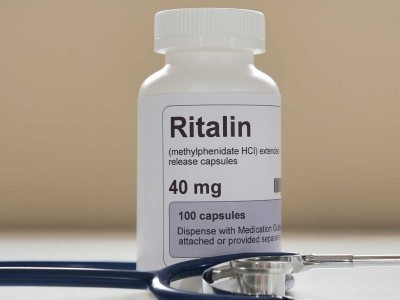Taking Ritalin (methylphenidate) recreationally poses several risks, primarily due to its stimulant properties and potential for abuse. Ritalin is a prescription medication typically used to treat attention deficit hyperactivity disorder (ADHD) and narcolepsy. When used recreationally, individuals may take higher doses than prescribed or use it without a legitimate medical need, which can lead to serious health consequences.
Some potential risks of recreational Ritalin use include:
- Cardiovascular Effects: Ritalin can increase heart rate and blood pressure, which may be dangerous for individuals with pre-existing cardiovascular conditions or those who engage in strenuous physical activities.
- Nervous System Effects: High doses of Ritalin can cause agitation, anxiety, insomnia, and potentially seizures in susceptible individuals.
- Psychological Effects: Recreational use may lead to euphoria, but it can also cause paranoia, hallucinations, and other psychotic symptoms, especially at high doses or with prolonged use.
- Dependency and Addiction: Ritalin has a potential for addiction, especially when used recreationally or in ways not prescribed by a healthcare professional. This can lead to tolerance (needing higher doses to achieve the same effect) and withdrawal symptoms upon discontinuation.
- Legal Consequences: Using Ritalin without a prescription is illegal and can result in legal consequences if caught in possession or distribution.
The recommended dosage of Ritalin varies depending on the individual's medical condition and response to the medication when prescribed under medical supervision. Recreational users often take doses much higher than prescribed, which greatly increases the risk of adverse effects.
In conclusion, recreational use of Ritalin is highly discouraged due to its potential for serious health risks, including cardiovascular complications, psychological disturbances, addiction, and legal consequences. Anyone considering using Ritalin should consult a healthcare professional for guidance on safe and appropriate use, and only use it under medical supervision for legitimate medical purposes.
